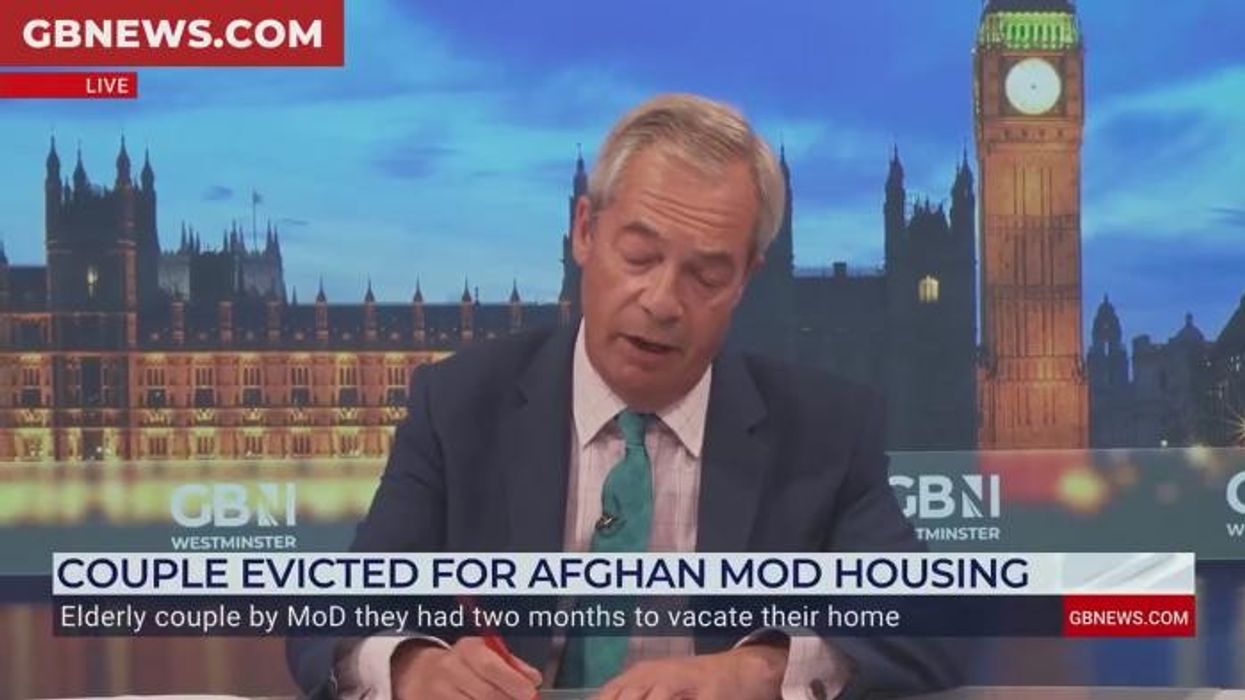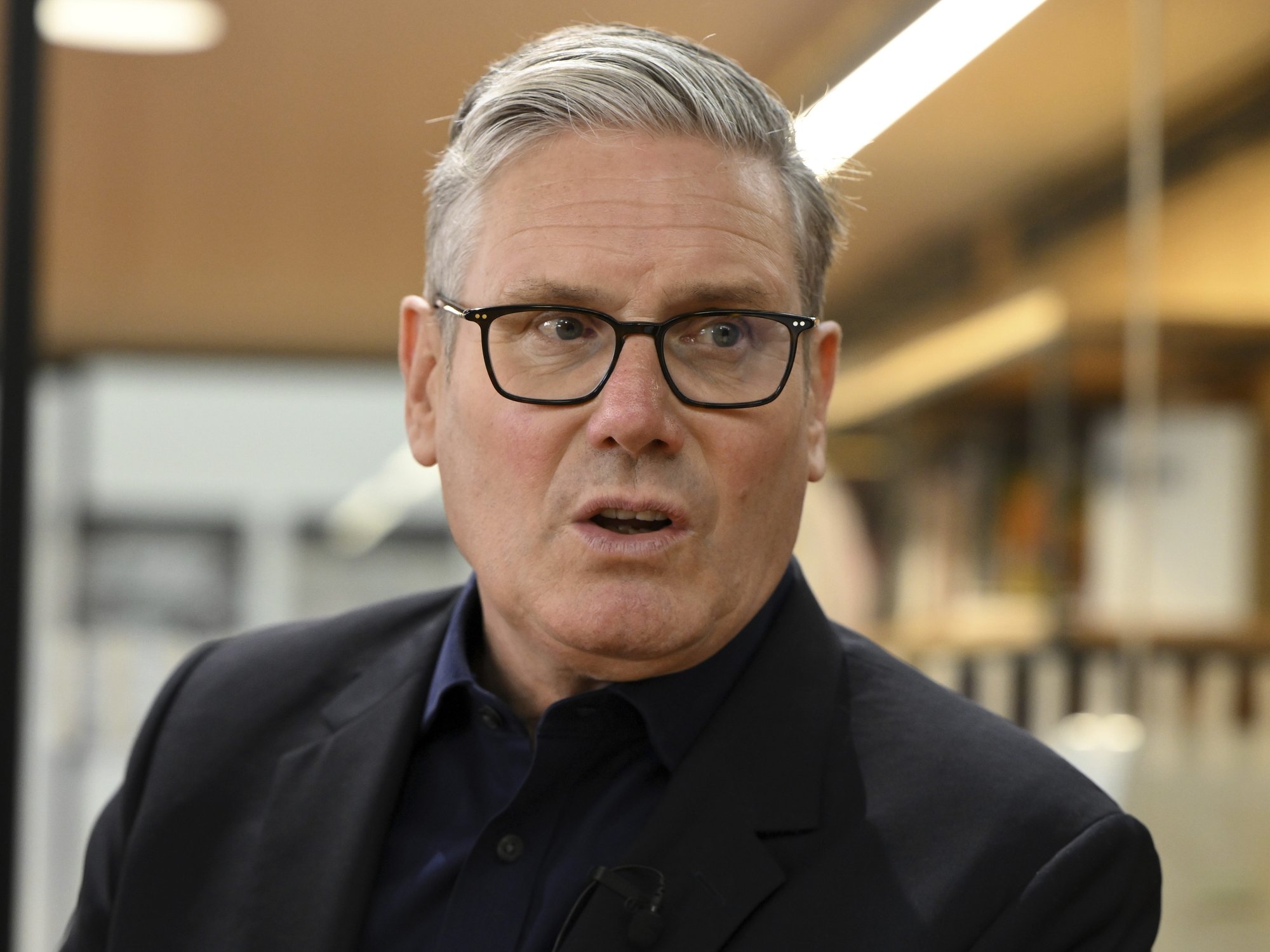Pension warning as Britain's highest earners face £64,800 shortfall in retirement

Britain’s highest earners risk steep lifestyle cuts in retirement despite six-figure salaries
Don't Miss
Most Read
Britain's wealthiest households are confronting a retirement crisis, with the top 20 per cent of earners now facing a pension deficit of £64,800.
These households, earning more than £87,000 annually, have watched their retirement gap balloon from £35,786 during the 2018-2020 period.
Research conducted by Oxford Economics and investment platform Hargreaves Lansdown reveals that affluent Britons will experience significant lifestyle reductions upon retirement.
The analysis bases its projections on retirees drawing down four per cent of their pension annually.
This dramatic deterioration in retirement readiness among high earners signals a broader pension adequacy crisis affecting even those traditionally considered financially secure.
Multiple factors are converging to create this pension crisis for affluent households. Inadequate savings rates, disappointing pension fund returns, and earnings that fail to match rising retirement expenses are all contributing to the widening gap.
The Government maintains that comfortable retirement requires high earners to secure income equal to half their pre-retirement earnings. Lower-income workers need 80 per cent replacement rates, though state pension benefits substantially offset this requirement.
Gary Smith, of wealth management firm Evelyn Partners, said: "Many savers over age 55 in recent years have started to access their pension – typically by taking their 25 per cent tax-free cash – either to pay down mortgages as loan rates soared or to help out younger family members amid the cost of living crisis, or due to fears that the lump sum might be reduced by the Government."

The Government maintains that comfortable retirement requires high earners to secure income equal to half their pre-retirement earnings
|GETTY

The workplace pension auto-enrolment scheme contains a critical flaw that particularly impacts higher earners
| GettyThe workplace pension auto-enrolment scheme contains a critical flaw that particularly impacts higher earners.
While employees and employers must contribute a combined minimum of eight per cent of earnings, with employers providing at least three per cent, these percentages apply solely to qualifying earnings rather than full salaries.
Marianna Hunt, of pension provider Fidelity, said: "Someone earning £80,000 a year might assume £6,400 (eight per cent of £80,000) is going into their pension each year.
"However, the crucial piece of information that is often missed out is that these percentages apply to qualifying earnings – not your whole salary."
For the 2025-26 tax year, qualifying earnings span £6,240 to £50,270. An £80,000 earner would therefore contribute just £3,522.40 annually alongside their employer, far below expectations.
The pension shortfall crisis has prompted calls for Government intervention to address the auto-enrolment system's shortcomings.

Without reforms to encourage greater pension savings among top earners, the retirement income gap will continue widening
| GETTYHelen Morrissey, head of retirement analysis at Hargreaves Lansdown, told The Financial Times that the Government needs to "look at how it incentivises higher earners to save so they understand they need to go above the auto-enrolment minimums".
Industry experts warn that the current system's presentation misleads high earners about their actual pension contributions. The complexity of qualifying earnings bands means many affluent workers unknowingly save far less than required to maintain their living standards in retirement.
Without reforms to encourage greater pension savings among top earners, the retirement income gap will continue widening, threatening the financial security of households traditionally viewed as well-prepared for later life.
More From GB News











